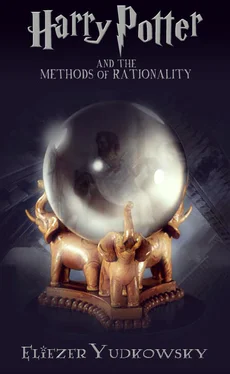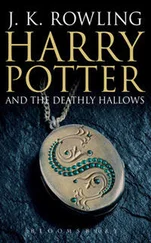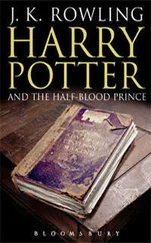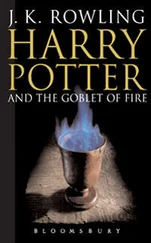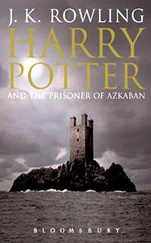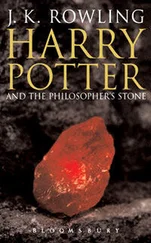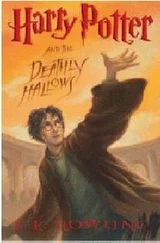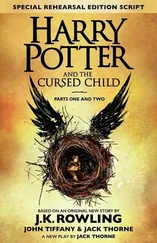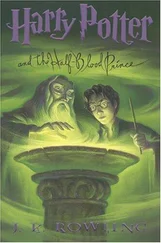Let Draco try to handle that. Let him try .
And as for Blaise Zabini...
Harry laughed again, and this time it didn't even take an effort to sound evil. He really needed to borrow someone's pet Kneazle for his staff meetings, so he'd have a cat to stroke while he did this.
"Can the Legion stop making plots now?" said Finnigan of Chaos. "I mean, don't we have enough already -"
"No," Harry said flatly. "We can never have enough plots."
Professor Quirrell had put it perfectly. They were pushing the boundaries further, perhaps, than they had ever been pushed; and Harry wouldn't have been able to live with himself if he'd turned back now.
There came a knock at the door.
"That will be the Dragon General," Harry said, smiling with evil prescience. "He arrives precisely as I expected. Do show him in, and yourselves out."
And the four Lieutenants of Chaos shuffled out, casting dark looks at Draco as the enemy general entered into Harry's secret lair.
If he wasn't allowed to do this when he was older, Harry was just going to stay eleven forever.
The sun was dripping through the red curtains, sending rays of blood dancing across the floor from behind Harry Potter's grownup-sized cushioned chair, which he had covered in gold and silver glitter and insisted on referring to as his throne.
(Draco was beginning to feel a lot more confident that he'd done the right thing in deciding to overthrow Harry Potter before he could take over the world. Draco couldn't even imagine what it would be like to live under his rule.)
"Good evening, Dragon General," said Harry Potter in a chill whisper. "You have arrived just as I expected."
This was not surprising, considering that Draco and Harry had agreed on the meeting time in advance.
And it also wasn't evening, but by now Draco knew better than to say anything.
"General Potter," Draco said with as much dignity as he could manage, "you know that our two armies have to work together for either of us to win Professor Quirrell's wish, right?"
"Yesss," hissed Harry, like the boy thought he was a Parselmouth. "We must cooperate to destroy Sunshine, and only then fight it out between us. But if one of us betrays the other earlier on, that one could gain an advantage in the later fight. And the Sunshine General, who knows all this, will try to trick each of us into thinking the other has betrayed them. And you and I, who know that, will be tempted to betray the other and pretend that it is Granger's trickery. And Granger knows that , as well."
Draco nodded. That much was obvious. "And... both of us only want to win, and there's no one else who'll punish either of us if we defect..."
"Precisely," said Harry Potter, his face now turning serious. "We are faced with a true Prisoner's Dilemma."
The Prisoner's Dilemma, according to Harry's teachings, ran thus: Two prisoners had been locked in separate cells. There was evidence against each prisoner, but only minor evidence, enough for a prison sentence of two years apiece. Each prisoner could opt to defect, betray the other, testify against them in court; and this would take one year off their own prison sentence, but add two years to the other's. Or a prisoner could cooperate, staying silent. So if both prisoners defected, each testifying against the other, they would serve three years apiece; if both cooperated, or stayed silent, they would serve two years each; but if one defected and the other cooperated, the defector would serve a single year, and the cooperator would serve four.
And both prisoners had to make their decision without knowing the other one's choice, and neither would be given a chance to change their decision afterward.
Draco had observed that if the two prisoners had been Death Eaters during the Wizarding War, the Dark Lord would have killed any traitors.
Harry had nodded and said that was one way to resolve the Prisoner's Dilemma - and in fact both Death Eaters would want there to be a Dark Lord for exactly that reason.
(Draco had asked Harry to stop and let him to think about this for a while before they continued. It had explained a lot about why Father and his friends had agreed to serve under a Dark Lord who often wasn't nice to them...)
In fact, Harry had said, this was pretty much the reason why people had governments - you might be better off if you stole from someone else, just like each prisoner would be individually better off if they defected in the Prisoner's Dilemma. But if everyone thought like that, the country would fall into chaos and everyone would be worse off, like what would happen if both prisoners defected. So people let themselves be ruled by governments, just like the Death Eaters had let themselves be ruled by the Dark Lord.
(Draco had asked Harry to stop again. Draco had always taken for granted that ambitious wizards put themselves in power because they wanted to rule, and people let themselves be ruled because they were scared little Hufflepuffs. And this, on reflection, still seemed true; but Harry's perspective was fascinating even if it was wrong.)
But, Harry had continued afterward, the fear of a third party punishing you was not the only possible reason to cooperate in the Prisoner's Dilemma.
Suppose, Harry had said, you were playing the game against a magically produced identical copy of yourself.
Draco had said that if there were two Dracos, of course neither Draco would want anything bad to happen to the other one, not to mention that no Malfoy would let himself become known as a traitor.
Harry had nodded again, and said that this was yet another solution to the Prisoner's Dilemma - people might cooperate because they cared about each other, or because they had senses of honor, or because they wanted to preserve their reputation. Indeed, Harry had said, it was rather difficult to construct a true Prisoner's Dilemma - in real life, people usually cared about the other person, or their honor or their reputation or a Dark Lord's punishment or something besides the prison sentences. But suppose the copy had been of someone completely selfish -
(Pansy Parkinson had been the example they'd used)
- so each Pansy only cared what happened to her and not to the other Pansy.
Given that this was all Pansy cared about... and that there was no Dark Lord... and Pansy wasn't worried about her reputation... and Pansy either had no sense of honor or didn't consider herself obligated to the other prisoner... then would the rational thing be for Pansy to cooperate, or defect?
Some people, Harry said, claimed that the rational thing to do was for Pansy to defect against her copy, but Harry, plus someone named Douglas Hofstadter, thought these people were wrong. Because, Harry had said, if Pansy defected - not at random, but for what seemed to her like rational reasons - then the other Pansy would think exactly the same way. Two identical copies wouldn't decide different things. So Pansy had to choose between a world in which both Pansies cooperated, or a world in which both Pansies defected, and she was better off if both copies cooperated. And if Harry had thought 'rational' people did defect in the Prisoner's Dilemma, then he wouldn't have done anything to spread that kind of 'rationality', because a country or a conspiracy full of 'rational' people would dissolve into chaos. You would tell your enemies about 'rationality'.
Which had all sounded reasonable at the time, but now the thought was occurring to Draco that...
" You said," Draco said, "that the rational solution to the Prisoner's Dilemma is to cooperate. But of course you would want me to believe that, wouldn't you?" And if Draco was fooled into cooperating, Harry would just say, Ha ha, betrayed you again! and laugh at him about it afterward.
Читать дальше
